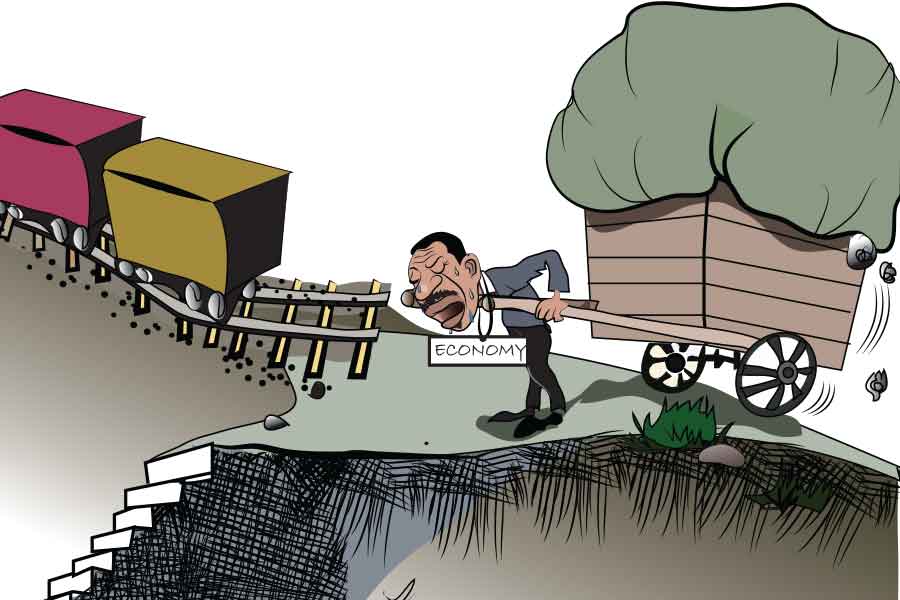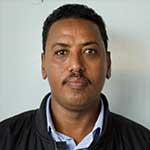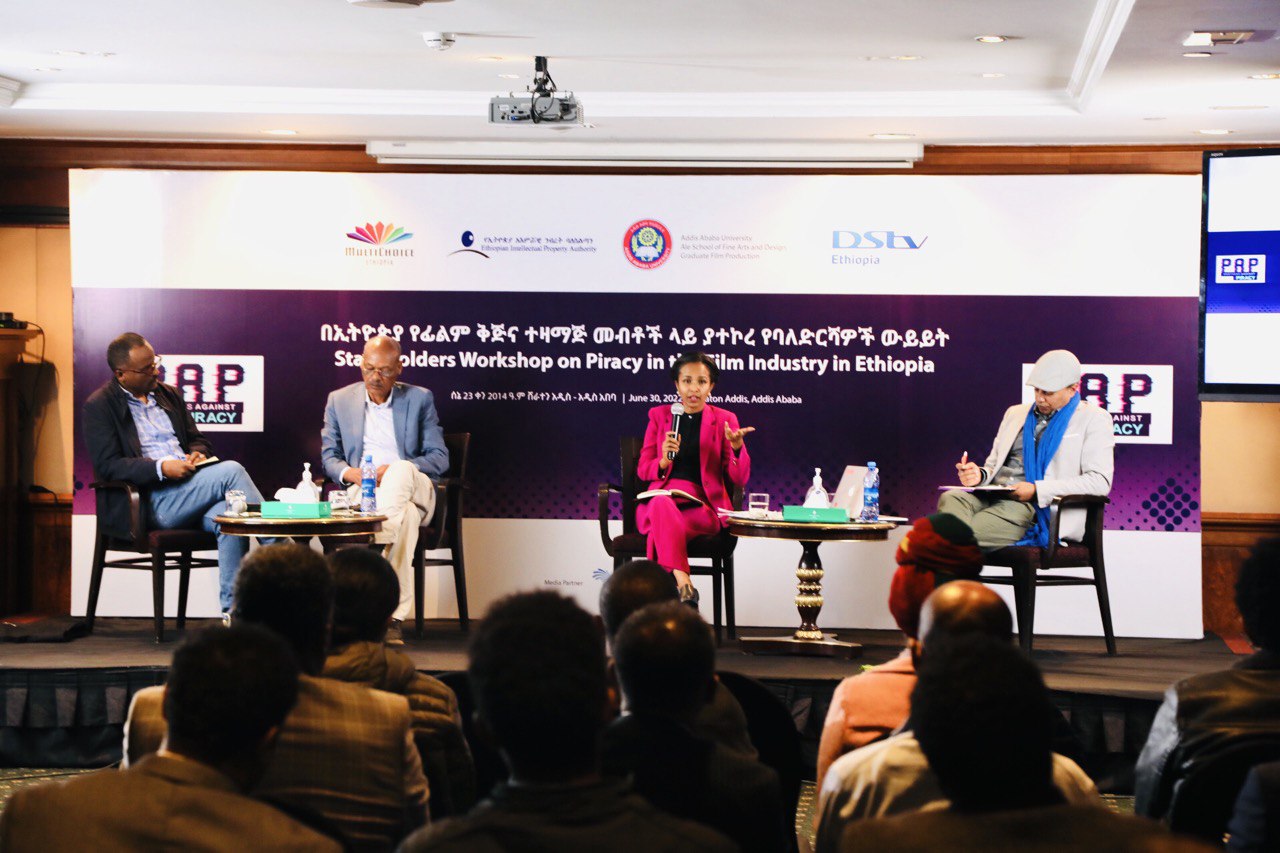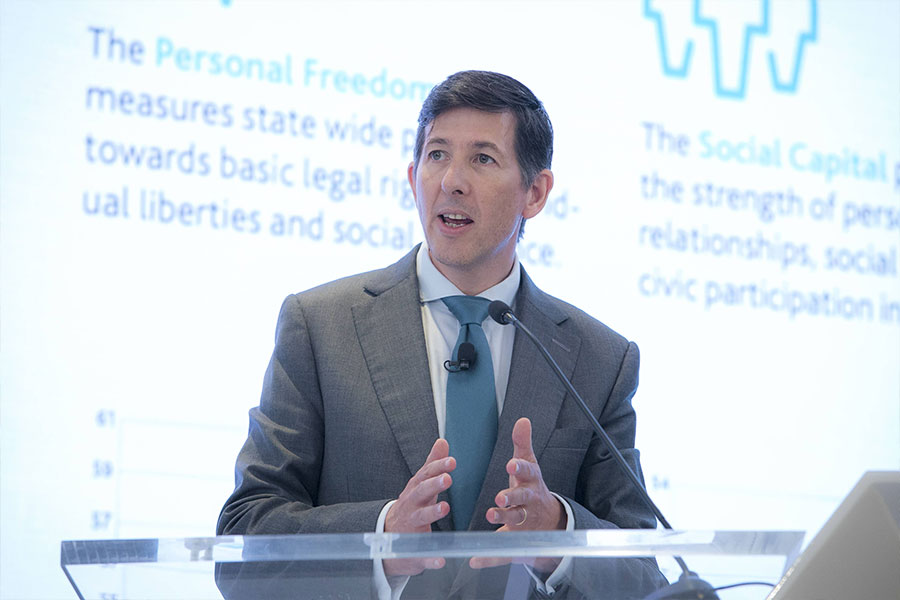
Oct 7 , 2023
By Desalegn Tegabu
Artificial intelligence (AI) is rapidly transforming our world, potentially revolutionising various aspects of human life. While developed nations are reaping the benefits of AI advancements, there is a concerning disparity in access to AI in developing countries.
The launch of ChatGPT in November last year has been met with enthusiasm, as the potential benefits of Artificial Intelligence (AI) are being explored.
AI, a transformative, pervasive force, synergises with numerous aspects of human life, providing unprecedented solutions and enhancements. AI, indeed, has the potential for positive societal impacts. AI-empowered healthcare can dramatically improve diagnostics and treatment, particularly in remote areas. AI-driven agriculture can enhance crop yield and promote sustainable farming methods, while AI-powered education platforms can bridge the educational divide between urban and rural areas.
However, the chasm between developed nations that capitalise on AI and developing countries with limited access to this groundbreaking technology underscores the urgent need for equitable access to AI.
Infrastructure, legal complexities, and knowledge gaps impede access to AI resources, raising concerns about worldwide disparity.
In Ethiopia, both ChatGPT and Claude2 are not accessible. The few people passionate about it are struggling to access it through Virtual Private Networks (VPN), proxies and plugins developed by Ethiopians using an older version (version 3 of ChatGPT)
Enhanced AI accessibility can revolutionise industries, healthcare, education, and governance, notably in developing nations. Thus, addressing the prevailing AI divide requires the collaboration of various influential entities – governments, international organisations, technology companies, and AI researchers.
Governments play a pivotal role in promoting AI accessibility, necessitating strategies to ensure all citizens’ access to AI. Infrastructure development and collaborations with international organisations can further propel AI adoption.
For instance, Ethiopia’s government initiative to establish a federal agency for AI symbolises a promising step towards bridging this divide. However, more investment and partnership with other countries and institutions is needed.
The responsibilities of international organisations encompass advocating global initiatives aimed at reducing AI disparity. Their role extends to providing resources for AI research and facilitating technology transfer through international partnerships. Open condemnation of AI discrimination for political reasons is equally essential, as AI accessibility arguably constitutes a fundamental human right.
Technology companies can bridge the AI divide by offering affordable AI solutions, specifically tailored for developing countries. Collaborating with local communities to build localised AI applications addresses region-specific challenges directly. Initiatives promoting AI education and skill development can empower individuals, enabling the leverage of AI for personal and community growth.
AI researchers are vital contributors to AI accessibility, with responsibilities ranging from promoting open-source AI frameworks for collaboration to engaging in country-specific research projects. Their mentorship and support through scholarships and training programs offer opportunities to underprivileged regions, fostering diverse and inclusive AI communities.
The call for equitable access to AI resonates not just as a matter of social justice but also as a prerequisite for global progress. The continual denial of AI access exacerbates inequalities in developing countries, trumping their development and potential contribution to the global AI narrative.
Stakeholders must challenge this status quo, endorsing equal access to AI. As we stand on the precipice of a new age, the question is not just about who gets to reap the benefits of AI, but who gets left behind.
Ultimately, bridging the AI divide requires concerted efforts from all stakeholders. By working together to ensure universal access to AI, we create a future where AI can be an emblem of positive change, accessible and beneficial to all.
PUBLISHED ON
Oct 07,2023 [ VOL
24 , NO
1223]



Viewpoints | Jul 13,2020

Sponsored Contents | Jul 04,2022

Fortune News | Jul 10,2020

Exclusive Interviews | Oct 09,2021

Photo Gallery | 180297 Views | May 06,2019

Photo Gallery | 170494 Views | Apr 26,2019

Photo Gallery | 161524 Views | Oct 06,2021

My Opinion | 137271 Views | Aug 14,2021

Dec 22 , 2024 . By TIZITA SHEWAFERAW
Charged with transforming colossal state-owned enterprises into modern and competitiv...

Aug 18 , 2024 . By AKSAH ITALO
Although predictable Yonas Zerihun's job in the ride-hailing service is not immune to...

Jul 28 , 2024 . By TIZITA SHEWAFERAW
Unhabitual, perhaps too many, Samuel Gebreyohannes, 38, used to occasionally enjoy a couple of beers at breakfast. However, he recently swit...

Jul 13 , 2024 . By AKSAH ITALO
Investors who rely on tractors, trucks, and field vehicles for commuting, transporting commodities, and f...

Nov 1 , 2025
The National Bank of Ethiopia (NBE) issued a statement two weeks ago that appeared to...

Oct 25 , 2025
The regulatory machinery is on overdrive. In only two years, no fewer than 35 new pro...

Oct 18 , 2025
The political establishment, notably the ruling party and its top brass, has become p...

Oct 11 , 2025
Ladislas Farago, a roving Associated Press (AP) correspondent, arrived in Ethiopia in...

Nov 2 , 2025
The National Bank of Ethiopia (NBE) has scrapped the credit-growth ceiling that had s...

Nov 2 , 2025 . By SURAFEL MULUGETA
The burgeoning data mining industry is struggling with mounting concerns following th...

Nov 2 , 2025 . By YITBAREK GETACHEW
Berhan Bank has chosen a different route in its pursuit of a new headquarters, opting for a transitional building instea...

Nov 2 , 2025 . By BEZAWIT HULUAGER
Nib International Bank S.C. has found itself at the epicentre of a severe governance...